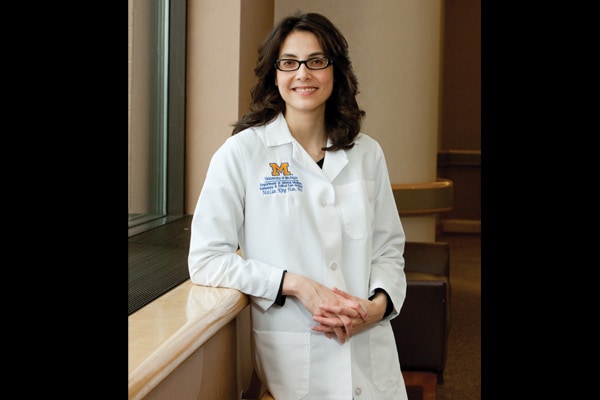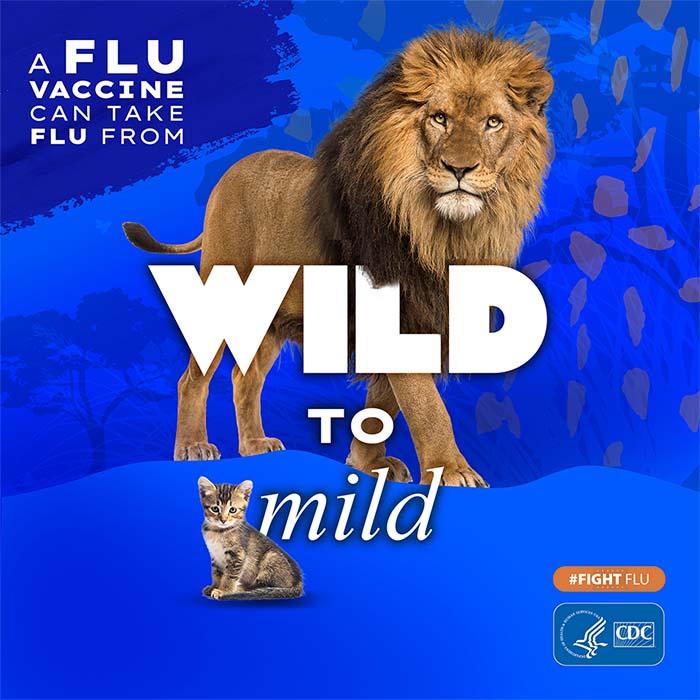Flu Fighter: MeiLan Han
Meet flu fighter Dr. MeiLan K. Han, professor of internal medicine in the Division of Pulmonary and Critical Care Medicine at the University of Michigan Health System and director of the Michigan Airways Program. Her research focuses on COPD, and she is a strong advocate of flu and pneumonia vaccination in her older patients. She understands that older patients and those with chronic health problems are at higher risk for complications from the flu, and she is dedicated to educating her patients about those risks.
Name: MeiLan K. Han, MD, MS
Title: Professor of internal medicine in the Division of Pulmonary and Critical Care Medicine at the University of Michigan Health System and director of the Michigan Airways Program
Location: Ann Arbor, MI
- Can you share a few highlights of your experience in flu prevention? What is the most rewarding part of your work?
The most important part of my job in preventing the flu is encouraging my patients to receive the flu vaccine which is our best protection against the flu. I’ve also been working with the American Lung Association to raise awareness of the importance of flu vaccination for adults over the age of 50 through our MyShot flu campaign. Adults 50 years of age and older are more likely to have one or more chronic medical conditions, such as lung or heart disease, diabetes and cancer. When combined with the flu, these chronic medical conditions can become worse and cause serious illness. The majority of my patients live with COPD, and the most rewarding part of my work is being able to talk through the many ways they can effectively manage their chronic lung disease – and the getting an annual flu vaccine is an important part of that COPD management. - In your role, how do you fight flu?
As a healthcare provider, my job is to educate patients about the risks posed by the flu and talk to them about how they can prevent contracting flu which includes common sense measures such as handwashing, avoiding sick contacts where possible and getting the flu vaccine. - What is the most difficult part of flu prevention?
Sometimes patients have misconceptions about flu vaccination. I spend a lot of time fighting these misconceptions. Patients think the vaccination doesn’t work or that just because they’ve never had the flu, that they will never contract it. - How do you discuss flu vaccination with your patients?
I discuss both the importance for their own health as well as emphasize risk of transmission to others. I also talk to them about different flu vaccines options that are approved for use in different age groups. - What would you say to those who are hesitant about getting a flu vaccine?
It is still the best protection we have against a potentially deadly virus, and to help reduce the risk of severe illness, serious complications and hospitalizations. - What advice would you give to other health care professionals to improve their flu vaccination rates?
I try to address all of the myths around the flu head on. The flu vaccine does not give you the flu. No one is immune. The vaccine may not be perfect, but some protection is better than no protection. If none of these arguments work, I then discuss risk of transmission to more vulnerable individuals and how devastating the flu can be in certain individuals. I even took my own flu vaccine with one of my patients to convince her how important I believe it to be!



